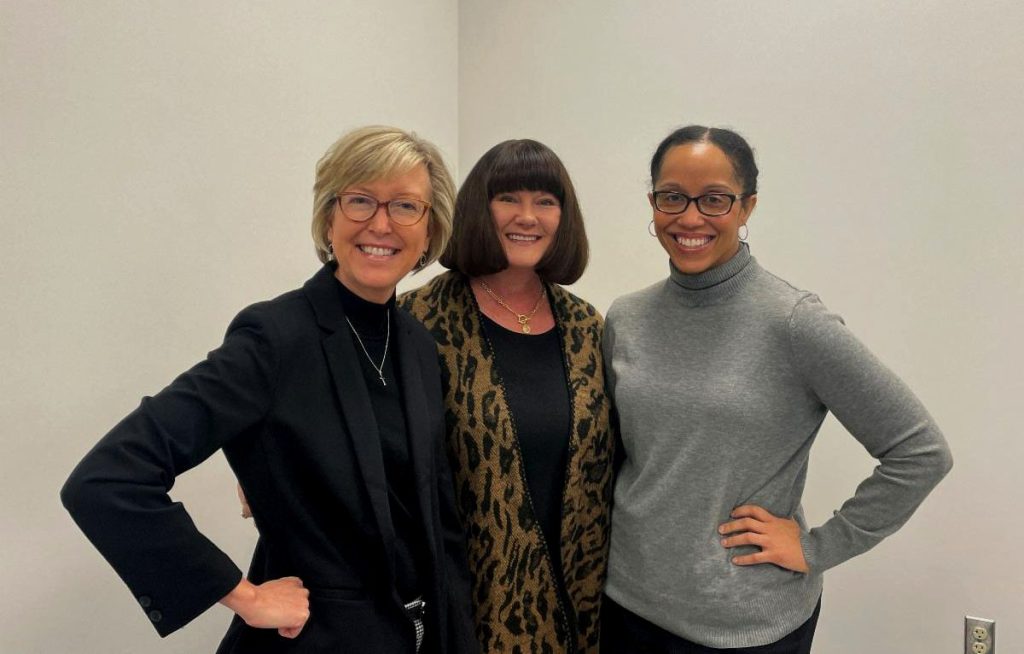St. Joe Board and staff advocate for improvements to Indiana public health system

St. Joe Board and staff members recently advocated for ways to strengthen the public health system during a meeting of the Governor’s Public Health Commission in Huntington.
The Commission was established last summer by Governor Eric Holcomb and is charged with studying Indiana’s public health system and recommending ways to improve the delivery of public health services and promote equity. The executive order creating the commission notes that Indiana ranks 41st nationwide for public health measures, mostly due to the state’s low life expectancy rate and high health care costs.
The commission is conducting a listening tour across the state and will issue a final report before the end of 2022.
In comments submitted to the commission, St. Joe Foundation Executive Director Meg Distler praised the work of the local Allen County Department of Health but noted that they are “dramatically understaffed compared to state and national levels.”
Distler highlighted the fact that the national average for public health professionals per 100,000 people is 138. The Midwest average is 76, the state of Indiana average is 46 and Allen County has just 19 public health professionals for every 100,000 residents.
“An increase in trained public health workers has the potential to shift the Hoosier trend of expensive, reactive healthcare treatment to proactive, lower-cost investments in healthcare,” said Distler. “There are many strong local assets from nonprofits to churches to first responders to local foundations already strengthening Indiana’s public health. Unfortunately, there is little to no coordination of these efforts. We can be much more effective if we have more public health professionals helping us connect and coordinate our work and best practices with others addressing the health concerns of Hoosiers.”
Mary Hess, a St. Joe Foundation board member and director of health & wellness for Fort Wayne Community Schools, also addressed the commission and applauded the work of the local health department. Hess advocated for more public health resources to care for the most at-risk children in Indiana and funding for public health prevention strategies for schools.
St. Joe Foundation Vulnerable Populations Program Officer, Angela Stanley, spoke before the commission and commented on the “importance of building trust and increasing access to care by investing in people and communities of color, vulnerable populations and marginalized communities.”
Stanley stated: “Having resources available for interpretation and translation services is important. Having healthcare providers of color or from marginalized populations is also important. If you look at maternal health, for example, which is an issue the St. Joe Foundation cares deeply about, recent research shows that Black babies are more likely to survive when cared for by Black doctors. To achieve the common goal of health equity for all of us, we have to be open to strategies that are tailored specifically to and for the needs of different and diverse populations.”
Mary Tyndall, food insecurity and nutrition program officer for the St. Joe Foundation, focused her comments on the importance of increasing access to highly nutritious foods, especially fruits and vegetables. She noted that the St. Joe Foundation’s Double Up program, which provides a dollar-for-dollar match on all fruits and vegetables to customers who use SNAP, or food stamps, is seeing success.
“Many states offer nutrition incentives, or Double Up programs, statewide and Indiana is well-positioned to do the same,” said Tyndall. “Advocates from across our state see the incredible benefits – to both farmers and food-insecure residents – of offering Double Up through a statewide network. State resources, both in public health staffing and funding, could help create a platform similar to Ohio’s Produce Perks or Michigan’s Double Up Food Bucks. I urge you to consider a statewide SNAP matching program as an important tool for improving public health in Indiana.”
To learn more about the Governor’s Public Health Commission and upcoming meetings, visit: https://www.in.gov/health/about-the-agency/boards-and-commissions/gphc/
